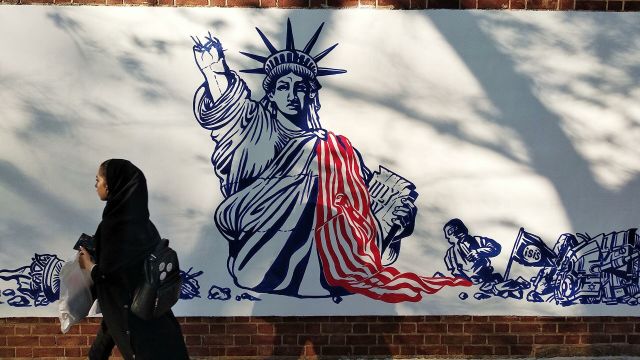Jerusalem. September 12. INTERFAX - Israel does not believe that Iran and world powers will be able to agree on a Joint Comprehensive Plan of Action (JCPOA) on the Iranian nuclear program before the midterm elections in the United States in November, The Times of Israel writes, citing a statement by a senior Israeli official to journalists.
"Moreover, if the US does not yield to Iran's demands, and Iran does not yield to US demands, and the IAEA does not close the investigation, there will be no return to the agreement," the newspaper quoted the official as saying. He added that Iran does not intend to return to the nuclear agreement without additional concessions from the West.
"The West must put pressure on Iran before it accepts a new deal," the official said, stressing that "there are many things that can be done to make Iran understand that time is not on its side."
The article says that Prime Minister Yair Lapid will discuss the Iranian issue with German Chancellor Olaf Scholz during a visit to Berlin, where he arrived last Sunday. The prime minister himself said at a cabinet meeting that one of the goals of his visit is to "coordinate positions" on the Iranian nuclear issue.
The official also told reporters that the ongoing dialogue between officials in Jerusalem and Washington affects the Biden administration's position on negotiations.
"We managed to convince the Americans not to make additional concessions to Iran," the official said. According to him, the United States also pledged not to give Iran any meaningful guarantees that the future administration will not withdraw from the deal, and will not lift all sanctions that Iran demands.
At the same time, the official called Saturday's statement by the three European parties to the nuclear deal on the IAEA, which is investigating several Iranian undeclared nuclear facilities, "very, very important."
He noted that Germany, France and the UK have expressed "serious doubts" about Iran's sincerity in seeking to renew the nuclear agreement and warned that Tehran's position jeopardizes the prospects of the deal. Berlin, Paris and London warned that Iran "continues to build up its nuclear program, going beyond any plausible justification of its civilian nature."
Iran's foreign ministry called the statement "unconstructive" and "regrettable."
The previous President of the United States, Donald Trump, unilaterally withdrew the United States from the JCPOA in 2018 and resumed anti-Iranian sanctions, including against the oil sector, which prompted Tehran to gradually abandon compliance with some of the terms of the deal. The current US President Joe Biden declared his readiness to return to the deal under certain conditions.

